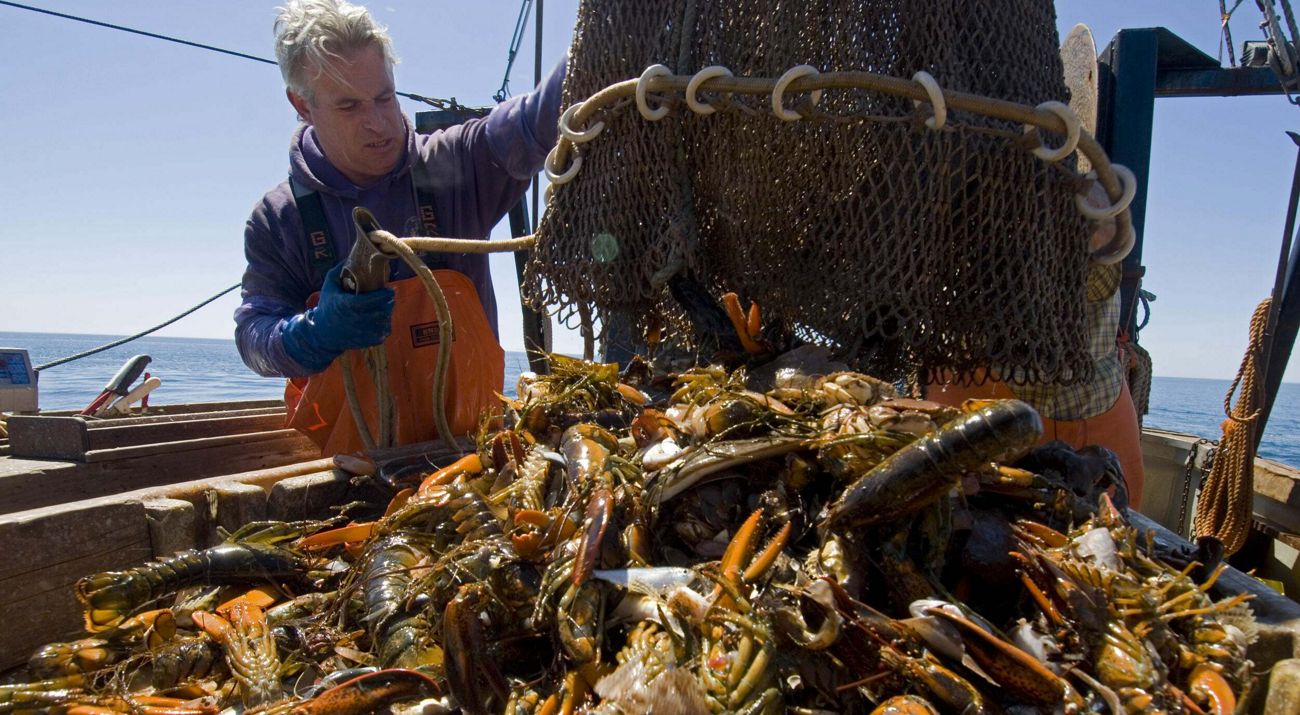The Maine Futures Community Mapper (MFCM) is a web-based tool that helps Mainers:
- Identify locations that are most suitable for future development, conservation, agricultural uses, or forestry
- Identify potential conflicts and compatibilities between different land uses
- Envision their future landscape under different possible scenarios of change.
The tools allows the user, from conservationists to foresters, to look at different scenarios to consider trade-offs and benefits of local decisions on regional goals.
Year Published: 2013
State: Maine
Landscape Context: Coastal, Inland
Funding Type: Both (Public and Private)
Organizations Involved:
A partnership between the University of Maine, the Center for Community GIS, and over 75 Maine citizens, planners, conservationists, business leaders, foresters, farmers, and scientists.
Values:
Open Space/Habitat, Sustainability, Working Land, Housing, Employment, Rural Character
Stakeholder Involvement:
Stakeholders were fully integrated; dozens of stakeholders from the economic development, conservation, forestry, and agriculture communities assisted planners, citizens, policy-makers, and scientists in planning and developing the Mapper.
Planning Process:
The planning process was stakeholder-driven, involving a large number of citizens, conservationists, scientists, business leaders, and policy-makers to develop a series of land use suitability models and alternative future scenarios. The first focus groups, which included representatives from forestry, conservation, economic development, and agriculture, were convened in the Lower Penobscot River Watershed in 2010.
In 2012, the project was expanded to include the Casco Bay and Lower Androscoggin watersheds. After the land use models were completed in early 2013, the Maine Futures Community Mapper was developed to provide residents, planners, and policy-makers with new ways of envisioning their communities now and in the future.
Desired Outcomes:
The Mapper seeks to reveal the trade-offs of different development patterns on important open space and working lands and the demostrate the benefits that conservation can provide to people. It’s desired outcome is to give the people of Maine a tool to help them make better decisions that ensure the long-term sustainability of their environmental, economy, and residents.
